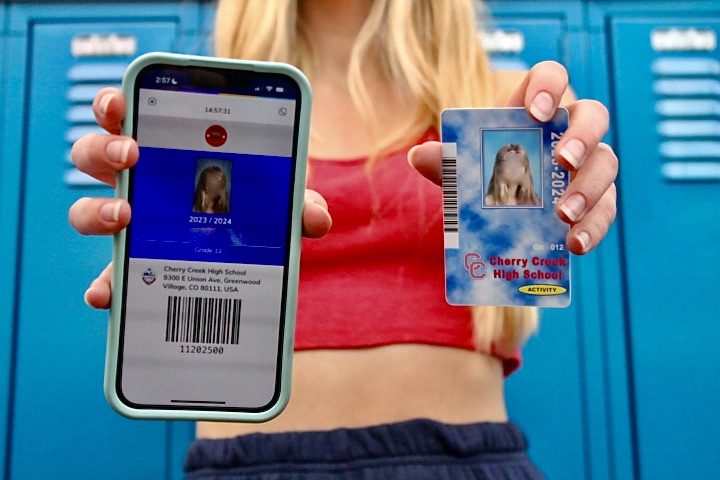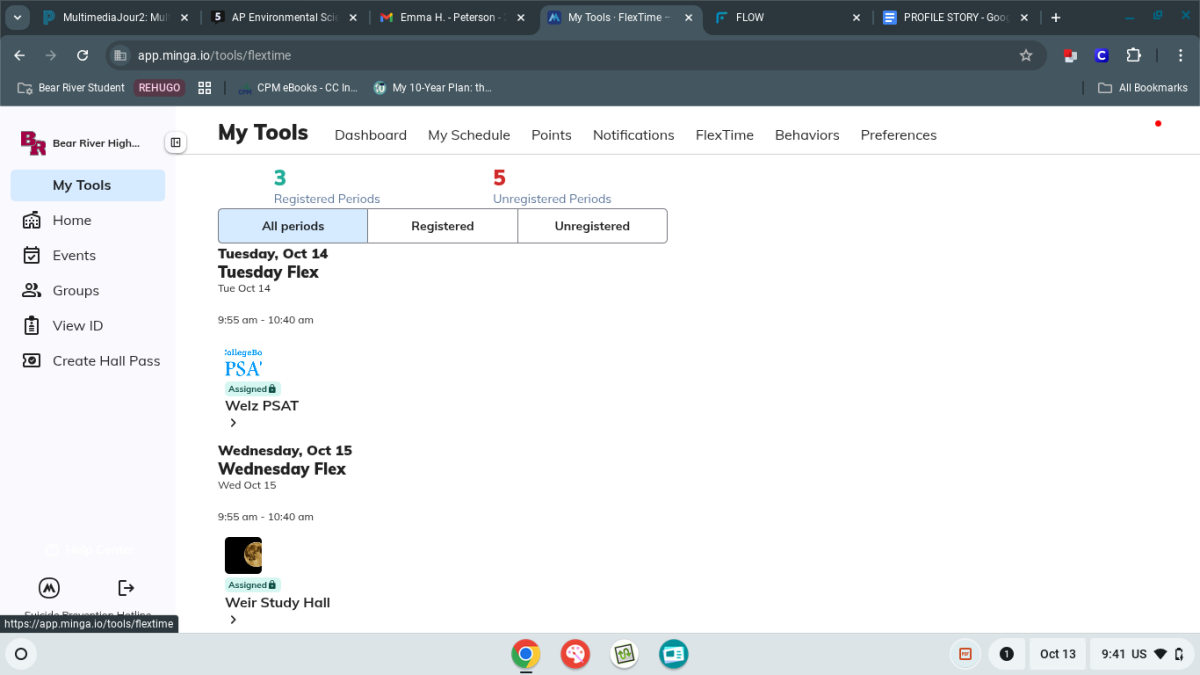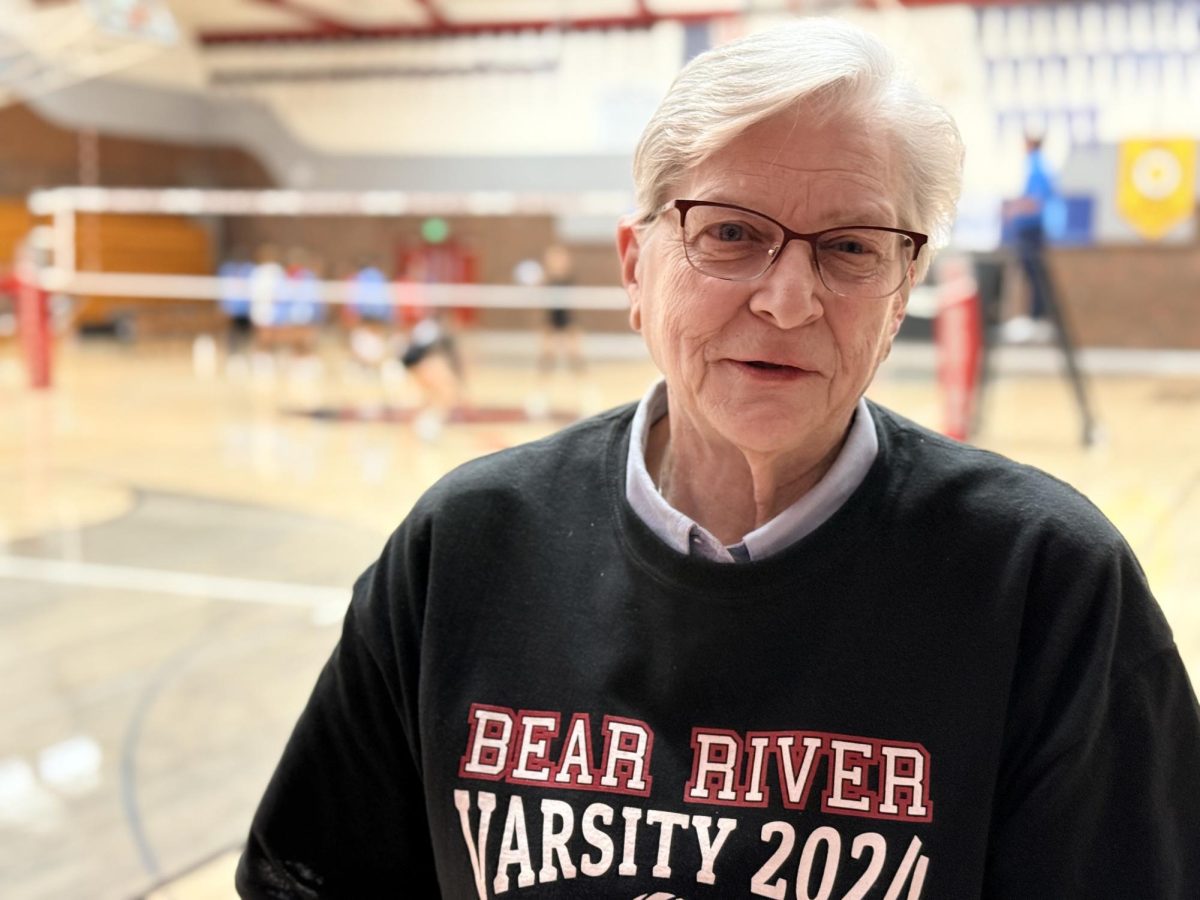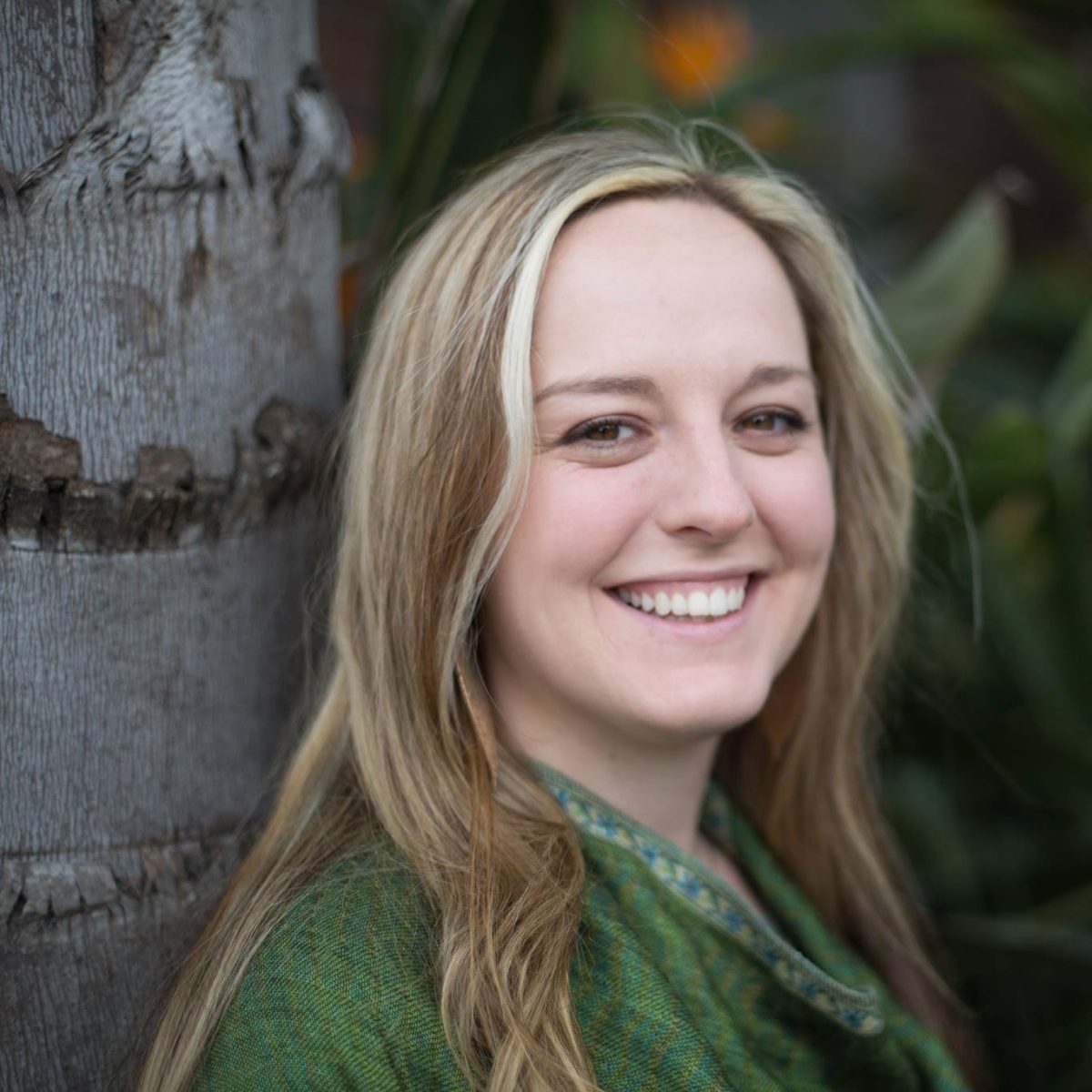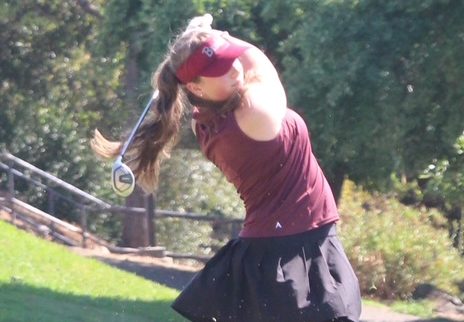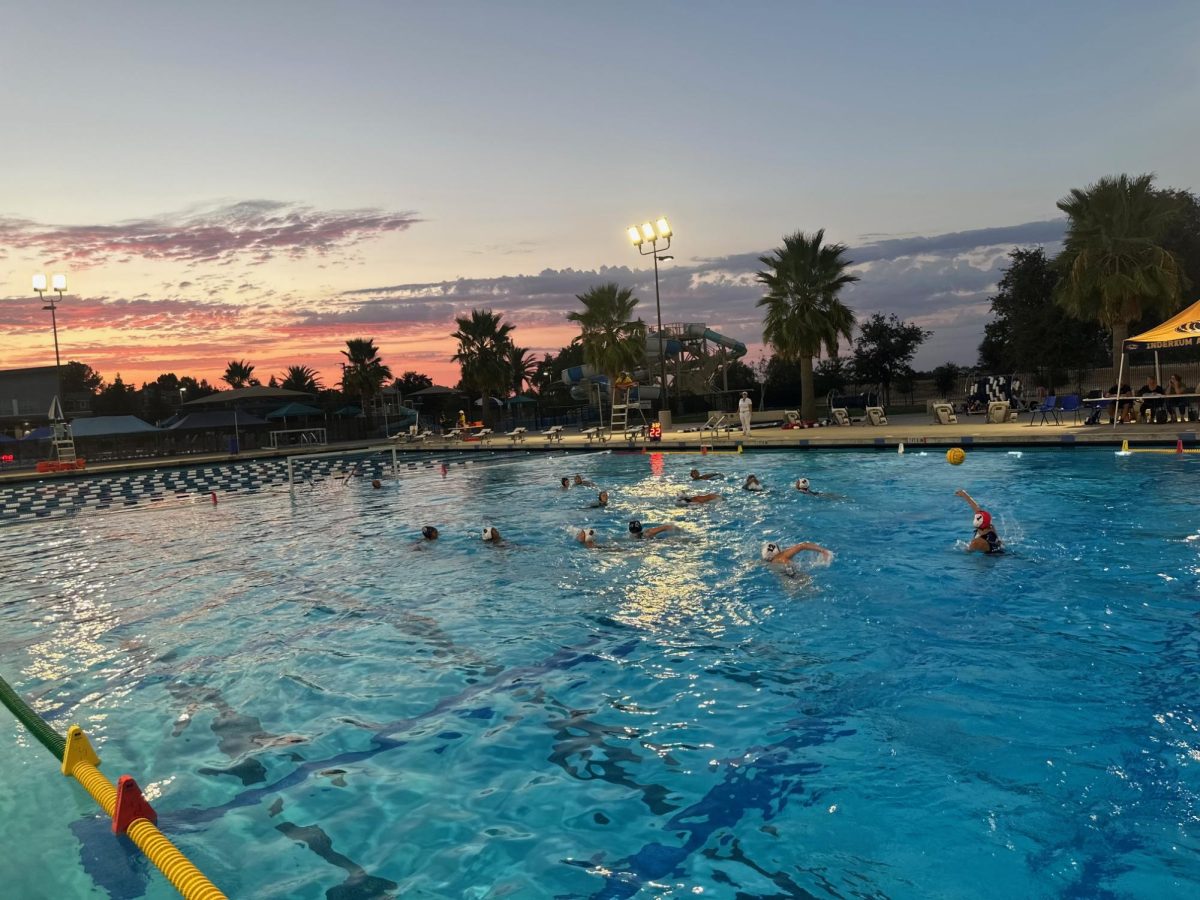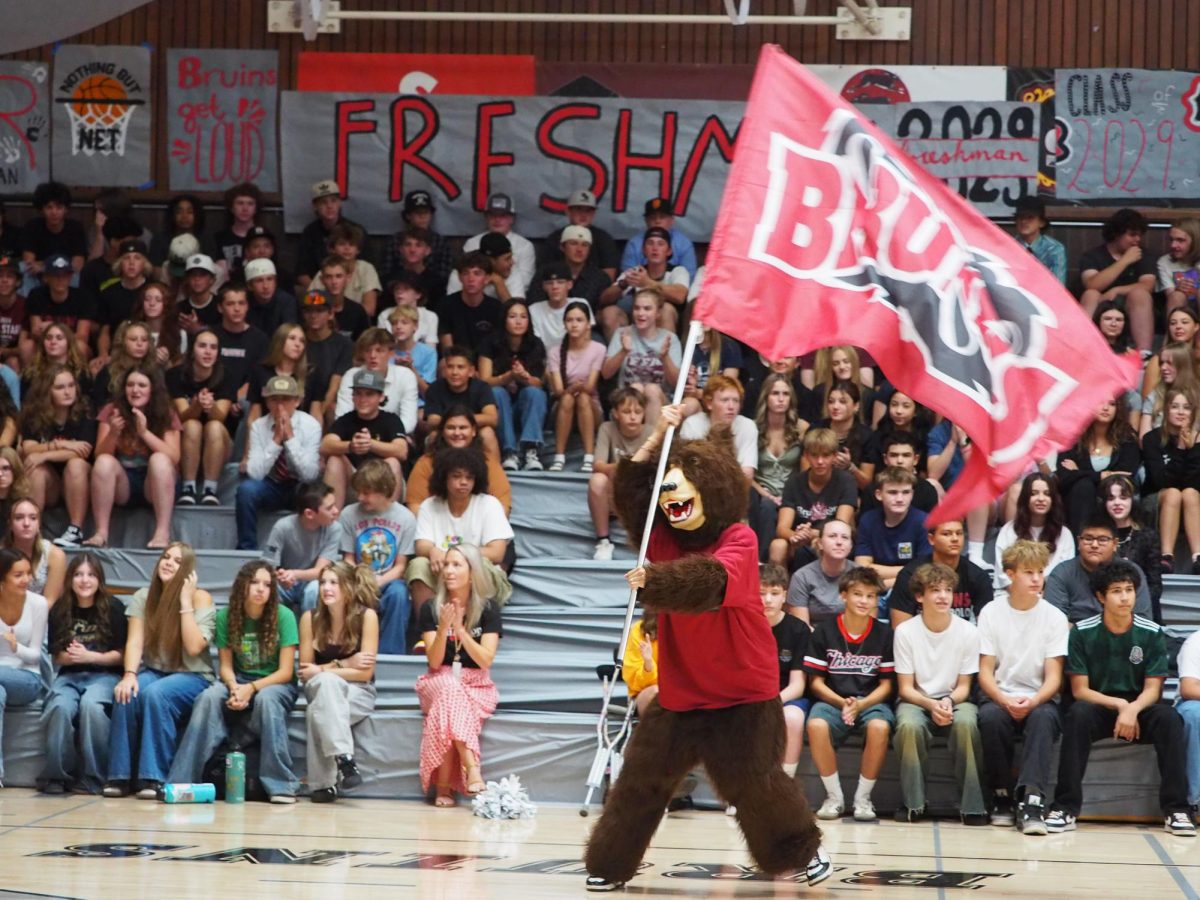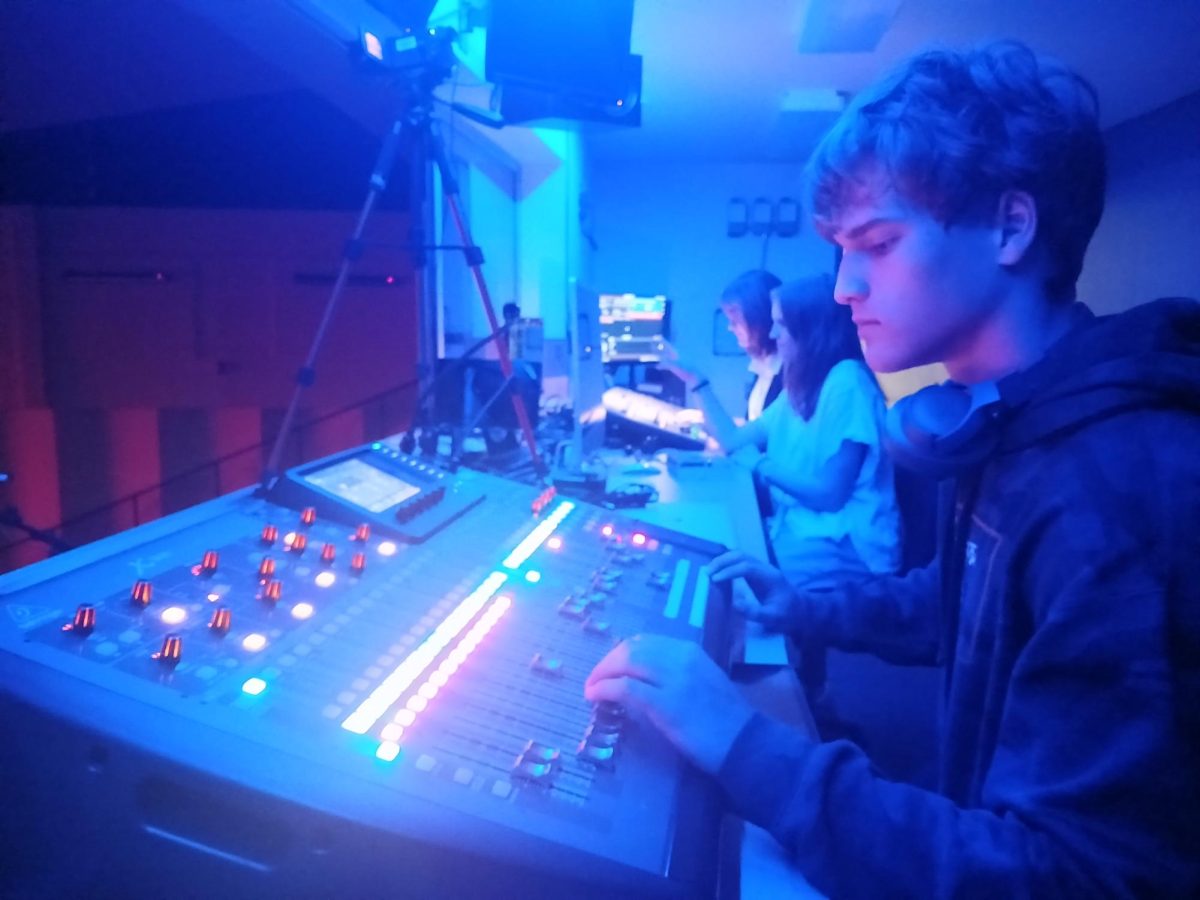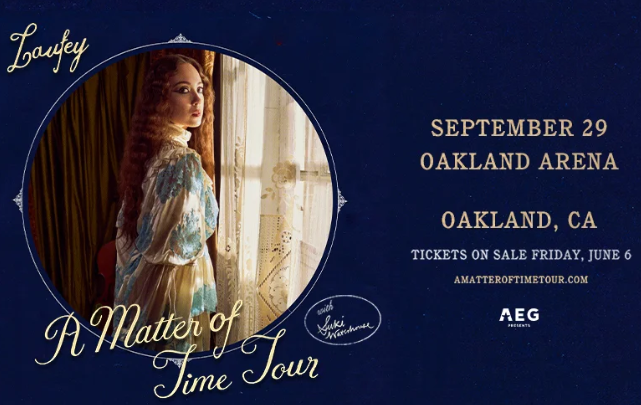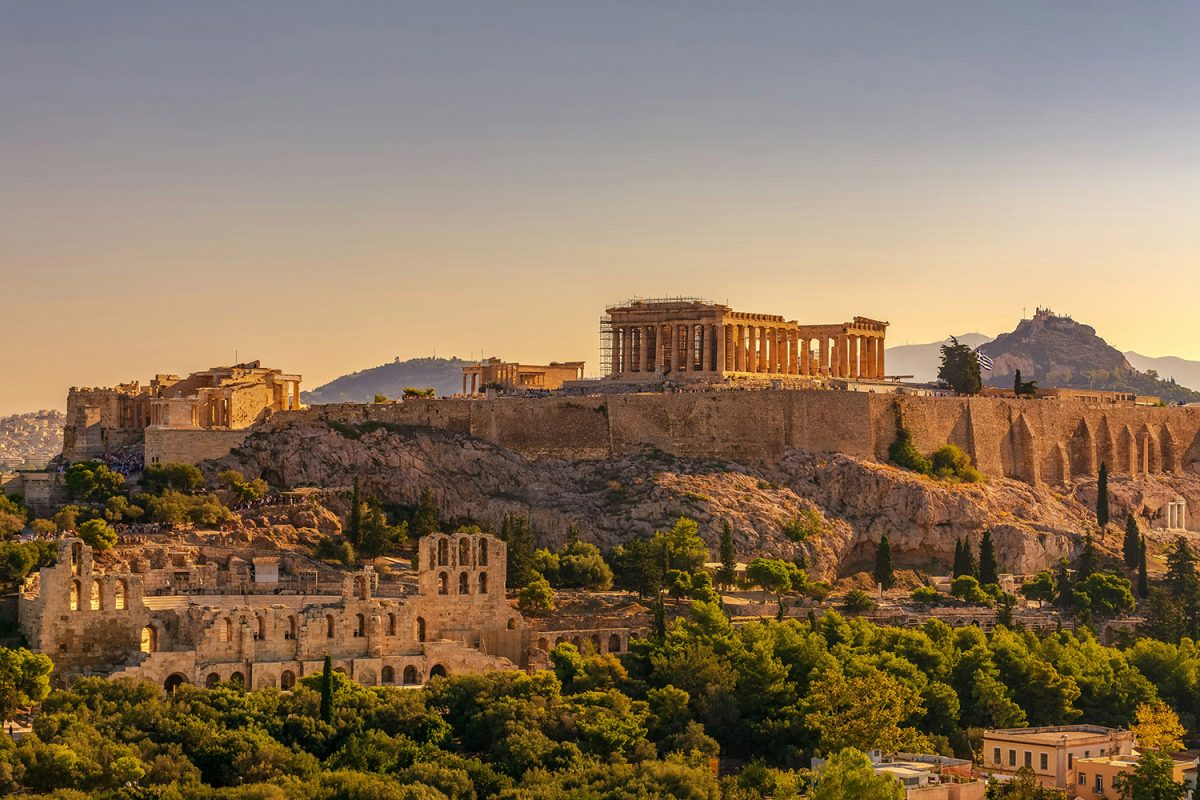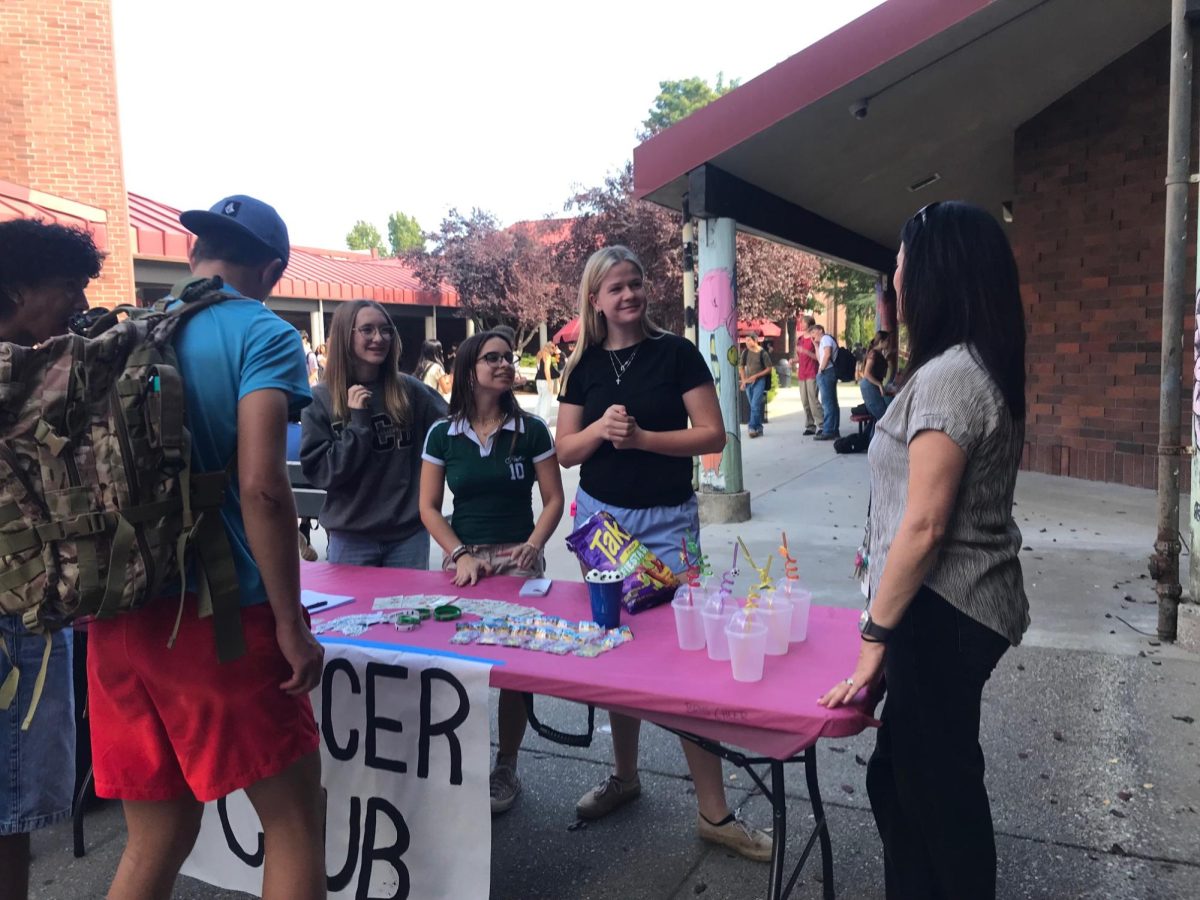In a turbulent season of violent and nonviolent protests with a virus stretched across the world, the Fourth of July arrived to only spark more controversy with mixed thoughts of the significance and meaning behind the holiday.
Students had to find ways to celebrate in light of restrictions, if at all. Some viewed this year as a day to point out America’s past and present mistakes and work toward fixing them, while others saw it as a day to celebrate its successes and be proud of what it has done right.
Rising Senior Elaina Wargala did not feel that the Fourth was a day for celebration.
“I did not celebrate.” she said, “Instead I took the day to further educate myself in how black people have been mistreated, I signed petitions, and donated to the NAACP Legal Defense Fund.”
Fellow Rising Senior Emily Telles shared similar thoughts.
“I did not celebrate the Fourth,” she said. “Instead, I protested with some of my good friends. To me, standing up for black lives that have been wronged in this country, meant more to me than celebrating the country that has wronged them.”
Rising Junior Ryder Holcomb, however, decided to celebrate with friends and family.
“I went to Utah to visit family and friends and celebrate our freedom with them,” he said. “I didn’t [care] about the restrictions, because, now that I think about it, it would’ve been disrespectful to those who serve and have served if I didn’t honor them because of a disease.”
Wargala had differing opinions on the meaning behind the holiday.
“I feel that the Fourth of July represents the country’s independence, but not freedom,” she said. “We cannot call our country the ‘Land of the Free’ when people are constantly being oppressed for being a person of color and their sexuality and identity.”
She continued to explain how she felt that Independence Day had an underlying theme of hypocrisy.
“I believe that it’s very hypocritical to associate our country with that motto because of our ICE detention centers holding immigrants for ‘suspected of visa violations, illegal entry, or unauthorized arrival,’” she said. “What’s even more hypocritical is that the original English colonizers were essentially ‘illegal’ immigrants themselves, for they didn’t have documentation of any kind either.”
Holcomb commented on what he considers the Fourth to represent.
“I believe the Fourth of July is to commemorate not only what America is, but what America has done,” he said. “Being one of the first nations to end slavery, being a nation that gives everyone equal rights, opportunities, and freedom for example. The Fourth of July, in my eyes, also acknowledges those who served and those who gave their lives for all of what I said. People might be liberal or conservative, Republican or Democrat, pro-choice or pro-life, pro-gun or anti-gun, pro-this or anti-that. But at the end of the day, we are Americans, and the Fourth just reminds us of that.”
Rising Sophomore Liam Marchi voiced his anger over the recent flag burnings.
“I am very upset with [what went] on at Gettysburg [on the fourth] with the flag burning,” he said. “I am sick and pissed off of people not being patriotic and burning my flag because they are upset about something. People died for that flag so they can burn it for their political nonsense.”
Some think that the United States is in need of much improvement, and some feel that it needs people to stand up for it, faults and all. Should Americans be prideful of their country or feel disgraced by it?
“American pride to me doesn’t really mean anything,” said Telles. “I believe once we TRULY have freedom and justice for all I may have a better understanding of ‘American Pride,’ but at this specific moment, I do not have pride in my country.”
Wargala agreed with Telles in most respects.
“At this moment, [American pride means] nothing [to me],” she said. “I’m embarrassed of our country. I’m embarrassed with how our president and most of our country’s citizens have handled the coronavirus pandemic. I’m embarrassed that people of color STILL have to fight to be treated equally in our country. I’m just utterly embarrassed.”
Holcomb’s opinions were on the opposite end of the spectrum from both Telles and Wargala.
“American pride to me means being proud [of] what my ancestors and founding fathers did for this country,” he said. “Being proud that I get to live in a country that allows me to do so much and allows any of my dreams to become a reality. I believe the Fourth reminds us of our history and what we truly have today. Reminds us that ‘Oh yeah by the way, you live in the greatest nation on the face of the planet.’ Sure, we’ve had our ups and downs, but no matter what, we should always acknowledge what this nation stands for, and in my eyes the only way to give back to this nation is to stand by her.”


